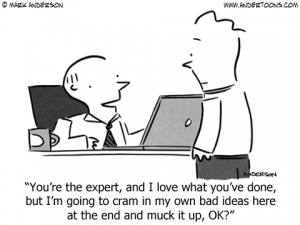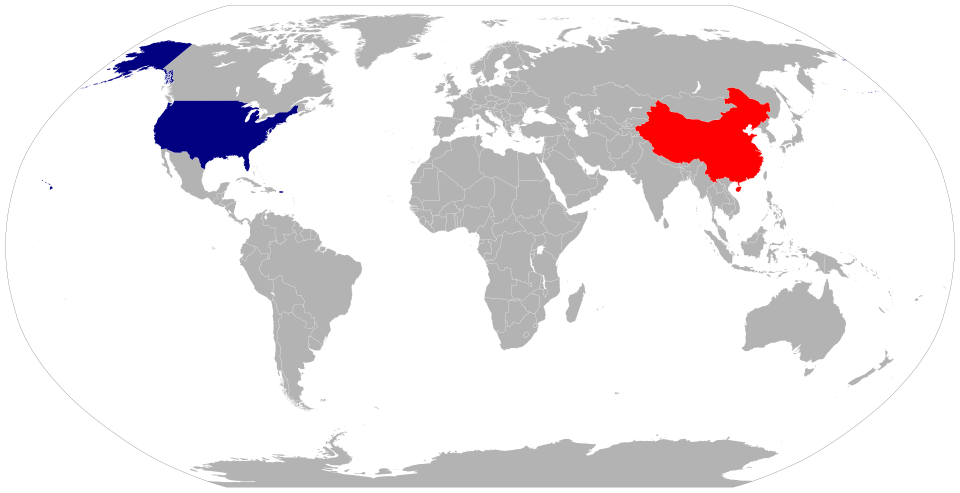Dear Preet Gill,
As a constituent of Edgbaston, I would like to offer you warm congratulations on being elected to Parliament.
I would like to share with you some of my thoughts on Brexit. I don’t believe that MPs should blindly follow their constituents’ wishes, but I consider it my civic duty to express my opinion and I hope that you will find some of my arguments convincing.
I apologise for the length of this letter, but I found it difficult to be more concise.
I strongly believe that Brexit is bad for this country. The economic arguments are overwhelming, but I think there are other issues that are as important as economy.
EU is an attempt of changing the continent of Europe into a place where state-to-state conflicts are a thing of the past, where issues are resolved by negotiations and compromise. It doesn’t all go smoothly – how could it if these nations were killing each other for about 1000 years. But it is a great idea – and in the whole it is working – it is unthinkable today that there would be a military conflict between Germany and France or Italy and Austria (not to mention Germany and Poland).
Even Greece in all her trouble is certainly not in danger of being invaded – which makes a great change as compared to previous centuries. To achieve this it isn’t enough to have a trade relationship. Open borders and free movement of people is absolutely essential – without borders, there is nothing to attack or defend. It also requires solidarity – stronger nations help others to catch up.
The idea that we now declare that we don’t want to be a part of it is sickening.
And all the empty declarations that “we are leaving EU, but we are not leaving Europe” mean nothing.
Like in any divorce – the process takes over, it is “us and THEM” and maintaining decent relations after this is really hard. We are not going to be friends as we were before we got married.
We are separating ourselves from the cultural roots that were with us for centuries.
All of this doesn’t leave us unchanged. The only way we can justify any of this is by convincing ourselves that we are BETTER THAN THEM. This nationalistic, jingoistic rhetoric spills into racism and xenophobia.
All of this slowly filters through to international media and informs other nations view about us. And it doesn’t matter that we are not all racists (not even a majority) – the impressions count.
I believe that the whole Brexit agenda is driven by a quite small minority of people who actually believe the “us better than them” argument. They managed to win a small majority in the referendum and are now blackmailing everybody else by the “will of the people” slogan and “enormous backlash” threat.
Both of these are spurious. The 4% win in an ill-defined and badly argued referendum is not “the will of the people”. Not to mention the fact that the franchise was defined so as to exclude the people who have real interest in the outcome – 16-17 year old, EU citizens in the UK and UK expats for more than 15 years.
The threats of dramatic consequences if the “will of the people” is ignored are also overplayed. Even ignoring the fact that opinion seems to be moving against Brexit now – it is not clear what exactly is the danger.
It is obvious that – whatever happens – Brexit is not going to bring the benefits the Leave campaign promised – so – we can assume that the 52% who voted for it are going to be bitterly disappointed when it happens. Together with 48% who didn’t want it in the first place. That is just about everybody.
On the other hand – if it doesn’t happen – at least 48% will be happy. The 52% may get angry – although – by then, many of them will realise it was a mistake.
So – the political argument here suggests that we should not do it – in order to minimise the number of unhappy voters.
I conclude from this that the most sensible route is to withdraw the Article 50 letter before it is too late (before March 2019).
What I believe prevents this course of action is inaction in Parliament. There are many short term political reasons not to rock the boat – in both main parties. Whips, jobs, tactics (to make sure that the other side is blamed for whatever happens). Pressure from constituents also plays a role here.
However – this is serious – the whole future of the nation is at stake and there is not much time to save it.
I believe that at some point all MPs must act simply according to their own beliefs. If this Parliament sits there and allows the nation to commit suicide, the history will judge it.
Best Regards
Richard Zybert


